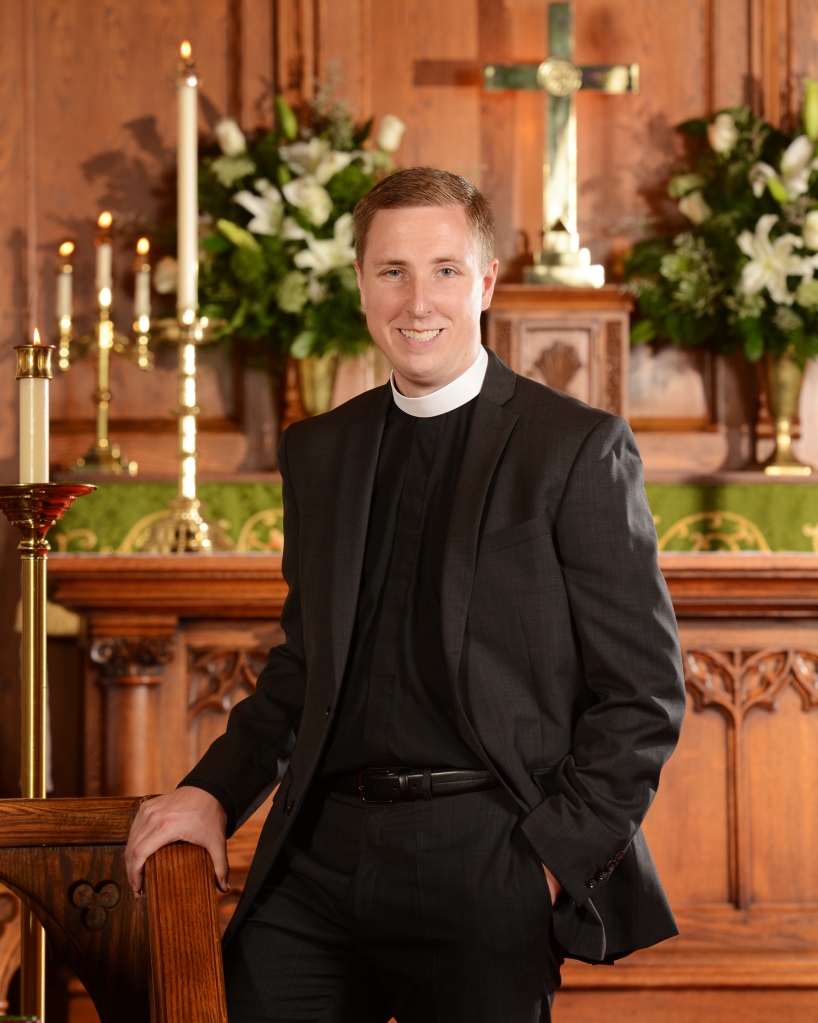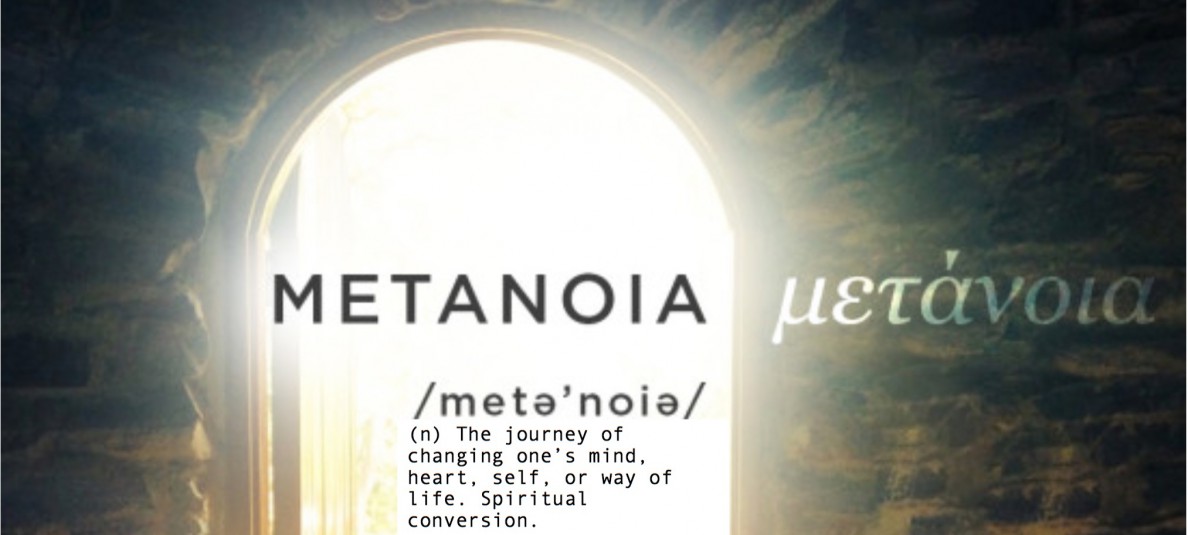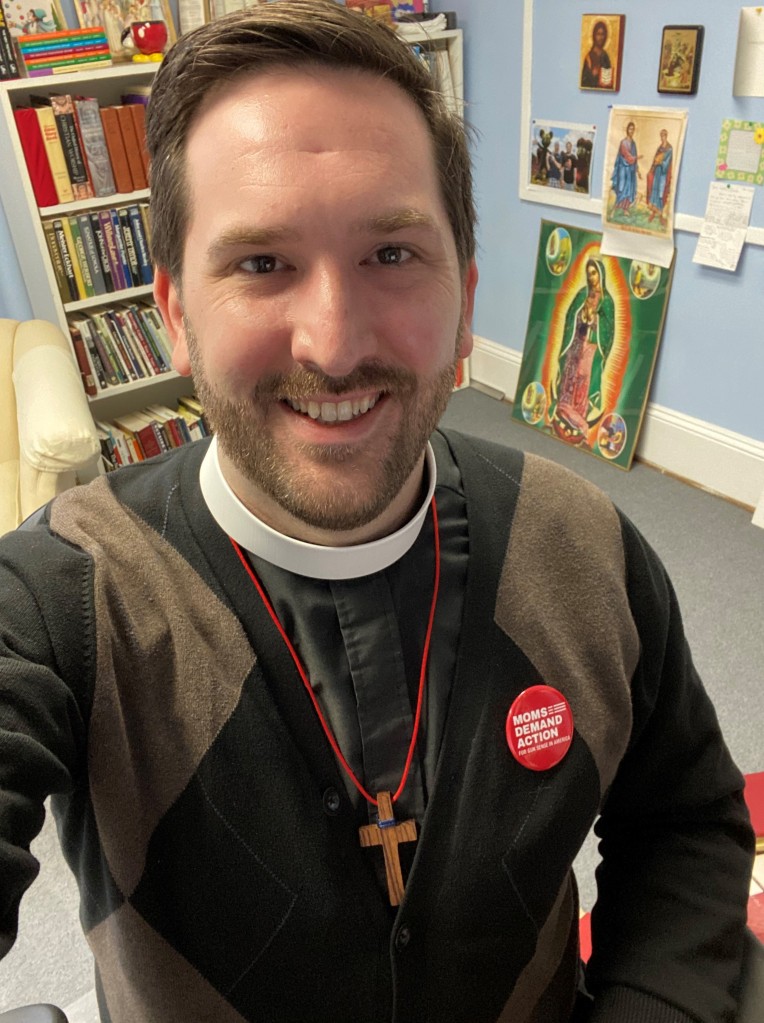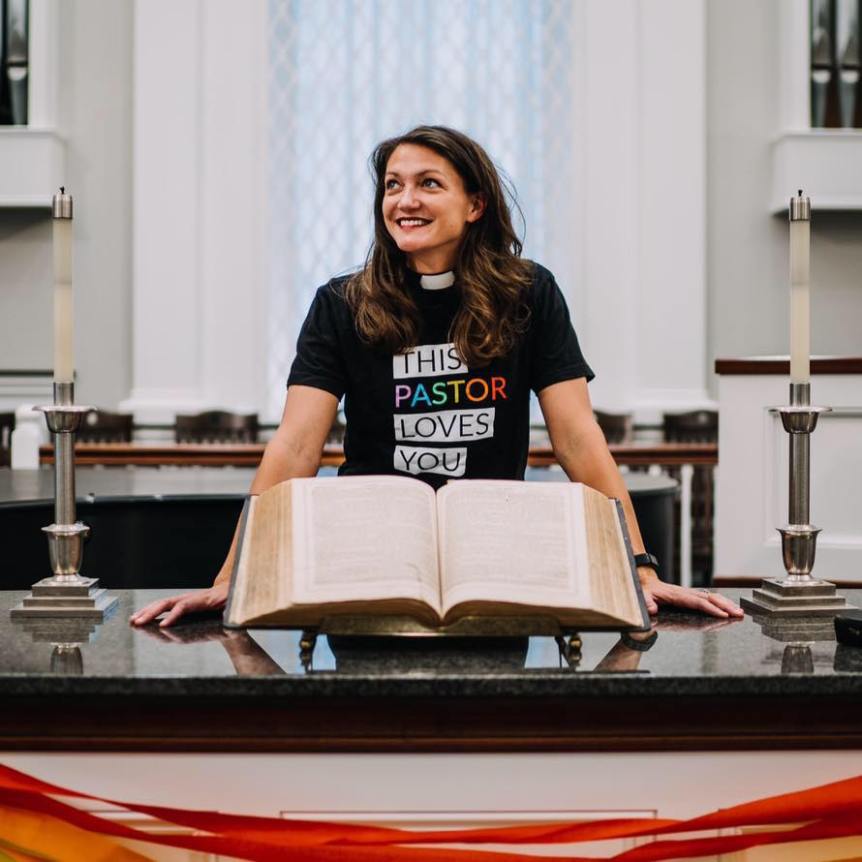Click Here for the Lectionary Texts
By: The Rev. Dr. Marshall A. Jolly
I promise I’m not going to write an entire essay about this, but I have to begin by saying that for many (most?) traditions, this day is called “Christ the King” or “Reign of Christ” Sunday. Even in my own tradition (The Episcopal Church), many churches use those titles for today–although it is technically not in the prayer book or authorized elsewhere. So where did it come from? The short answer is Pope Pius XI declared the last Sunday after Pentecost the feast (actually, a solemnity, but stay with me here) of Christ the King in 1925 and other liturgical traditions followed suit–as most Western Protestants tend to do with the Vatican (but that’s another sermon in and of itself). The longer answer is more sinister. The best analysis I’ve found comes from David Kertzer’s Pulitzer Prize-winning book, The Pope and Mussolini. Read it, then decide if you still want to call today “Christ the King” Sunday.
Okay, on with the text!
We find Jesus in the Gospel of John, not in resurrected power and triumph, not transfigured in raiment white, not preaching peace, not showing forth his glory; but rather, unfairly arrested, unjustly accused, and sitting before the Kangaroo Court in Pilate’s headquarters. This is a scene, not of Easter glory, but of Good Friday despair. In fact, the only other time we hear this passage in church is on Good Friday.
John’s Gospel sets the scene for us. Jesus has upset those in charge at the courthouse and the temple by suggesting that they were not doing their jobs. And so, in an effort to maintain their control on the status quo, they killed him. So make no mistake: It wasn’t atheism and anarchy that brought Jesus to the cross and to the tomb. It was good old fashioned law and order in cahoots with religion.[1] Here stands Jesus in the court of Pilate—at the epicenter of the kingdom of this world; the kingdom of the status quo—as Pilate asks just what kind of King Jesus is.
“King” is a political term and Pilate is a political person. If Jesus is the King—of the Jews, or of anyone for that matter—he’s guilty of treason because the Emperor in Rome is the king of everyone, everywhere. But Jesus is well-trained in the art of cross-examination. He answers Pilate’s question, not with a simple yes or no, but by saying, “My Kingdom is not from this world…I came into the world to testify to the truth. Everyone who belongs to the truth listens to my voice.”
I wish I could tell you that Jesus’ truth-telling broke open Pilate’s cold and hardened heart to the love of God. But we know it didn’t. I wish I could tell you that Pilate considered all of the evidence and decided to dismiss Jesus’ case. But we know he didn’t. And I wish I could tell you that the world saw Jesus for what he said he was: King of kings and Lord of lords. But we know we didn’t. We know what happens next. Jesus is stripped, beaten, flogged, and made to carry his own cross to the place of his crucifixion, where he died. He came to tell the truth, to lay the world bare by His light, and he did it so well that the kingdom of this world killed him because of it.
Late in the day on that fateful Friday afternoon, when word reached Pilate that the deed was done, I suspect he propped his feet up. Finally, the ugly truth had been silenced! I’d be willing to bet that Pilate and the rest of Jesus’ accusers slept pretty well Friday night, and had a pretty good day on Saturday. But then Sunday came.
Suddenly, the kingdom of this world stood in the presence of the resurrected Christ, and it is there that we begin to realize that in the presence of his integrity, our own pretense is exposed. In the presence of his constancy, our cowardice is brought to light. In the presence of his fierce love for God and for us, our own hardness of heart is revealed.[2]
As Dr. King reminds us, although the kingdom of this world employs violence in order to murder the liars, as well as the truth tellers, it cannot murder the lie, nor can it murder the truth. “Returning violence for violence multiplies violence, adding deeper darkness to a night already devoid of stars. Darkness cannot drive out darkness: only light can do that. Hate cannot drive out hate: only love can do that.”[3]
I wish I could tell you that if we only loved a little more, and were just a tiny bit more peaceful, and just a pinch more hopeful, that the scales would begin to fall from the eyes of the world, and that things would begin to get noticeably better. But I can’t. All I can tell you is what I believe in my bones to be true: Even when violence and death seem to be winning; even when everything we hold dear seems to be fading away; and even when the world itself seems so very uncertain and hopeless, Christ is still testifying to the truth and calling us to do the same!
Christ is telling the truth of strength through vulnerability; justice through mercy; and power through weakness. Christ the King bears witness to the Kingdom of God by embracing a confused, chaotic, and violent world, taking its pain unto his own body, dying the death it sought, and rising again to remind us that light is stronger than darkness, that love is stronger than hate, and that with God, all things are possible![4]
[1] Barbara Brown Taylor, “The Perfect Mirror” in The Christian Century March 18-25, 1998, p. 283.
[2] Ibid.
[3] Martin Luther King, Jr. “Where Do We Go From Here?” in Where Do We Go from Here: Chaos or Community? (1967), p. 62.
[4] David Lose, “Christ the King B: Not of This World” in In the Meantime, 16 November 2015, http://www.davidlose.net/2015/11/christ-the-king-b-not-of-this-world/











